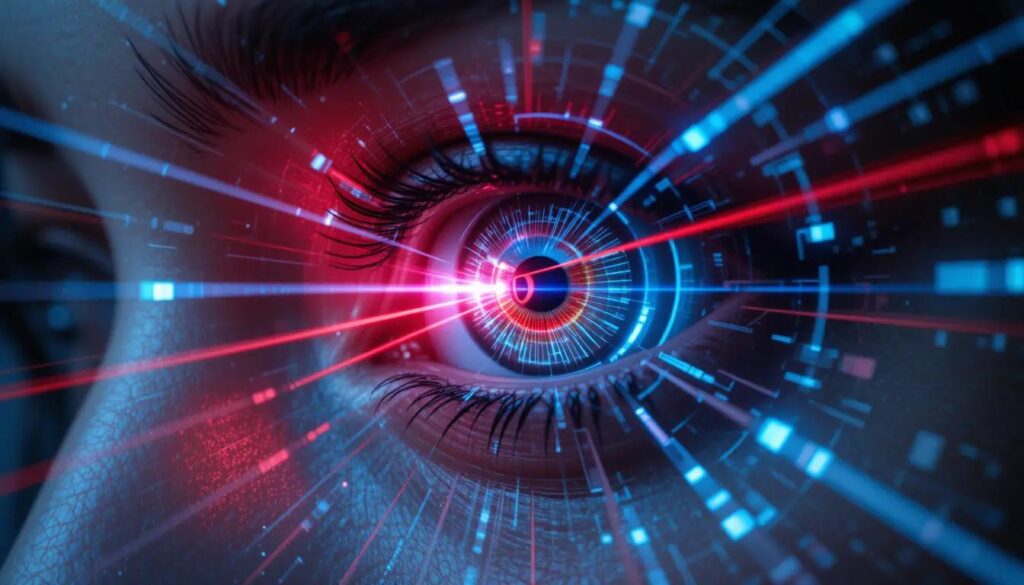OpenAI CEO Sam Altman’s biometric crypto project, Worldcoin—now rebranded as “World”—has officially launched in the United States, sparking renewed scrutiny from privacy advocates and regulators. The initiative, which involves scanning users’ irises to create unique digital identities, aims to distinguish humans from AI bots in the digital realm. However, its expansion into the U.S. market has raised significant privacy and ethical concerns.
World’s U.S. Expansion and Operational Hubs
On April 30, 2025, Altman announced the establishment of World’s operations in six major U.S. cities: Atlanta, Austin, Los Angeles, Miami, Nashville, and San Francisco. At these locations, individuals can have their irises scanned using specialized devices known as “orbs,” receiving a World ID and 150 Worldcoin tokens as incentives. The project’s goal is to provide a secure method of verifying human identity online, addressing challenges posed by AI-driven bots and digital fraud.
Privacy Concerns and Regulatory Challenges
Despite its ambitions, World has faced criticism over its data collection practices. Privacy experts argue that the project’s reliance on biometric data, particularly iris scans, poses significant risks. Nick Almond, CEO of FactoryDAO, described World as “the opposite of privacy” and “a trap.” The lack of comprehensive federal legislation in the U.S. governing biometric data exacerbates these concerns, leading to a fragmented regulatory landscape. While states like California and Texas have some biometric data protections, others lack specific regulations, leaving users vulnerable.
International Regulatory Actions
World’s operations have also attracted regulatory scrutiny abroad. Countries including Spain, Portugal, Kenya, and Indonesia have suspended or investigated the project over privacy violations. In Spain, authorities ordered World to cease data collection and delete existing biometric data, citing violations of the General Data Protection Regulation (GDPR). Similarly, Portugal’s data protection authority issued a temporary order to halt data collection due to concerns about consent and data protection.
Company’s Response and Future Plans
In response to the mounting criticism, World has emphasized its commitment to privacy, stating that biometric data is encrypted and deleted after processing. The company has also appointed a Chief Privacy Officer to oversee data protection measures. Looking ahead, World plans to expand its operations, aiming to build 10,000 orbs for the U.S. market within a year and exploring partnerships with major platforms like Meta and OpenAI.
Conclusion
As World continues its expansion, the project stands at the intersection of innovation and privacy. While it offers a novel solution to digital identity verification, the ethical implications of biometric data collection cannot be overlooked. The coming months will be crucial in determining whether World can navigate the complex regulatory landscape and address the concerns of privacy advocates.
